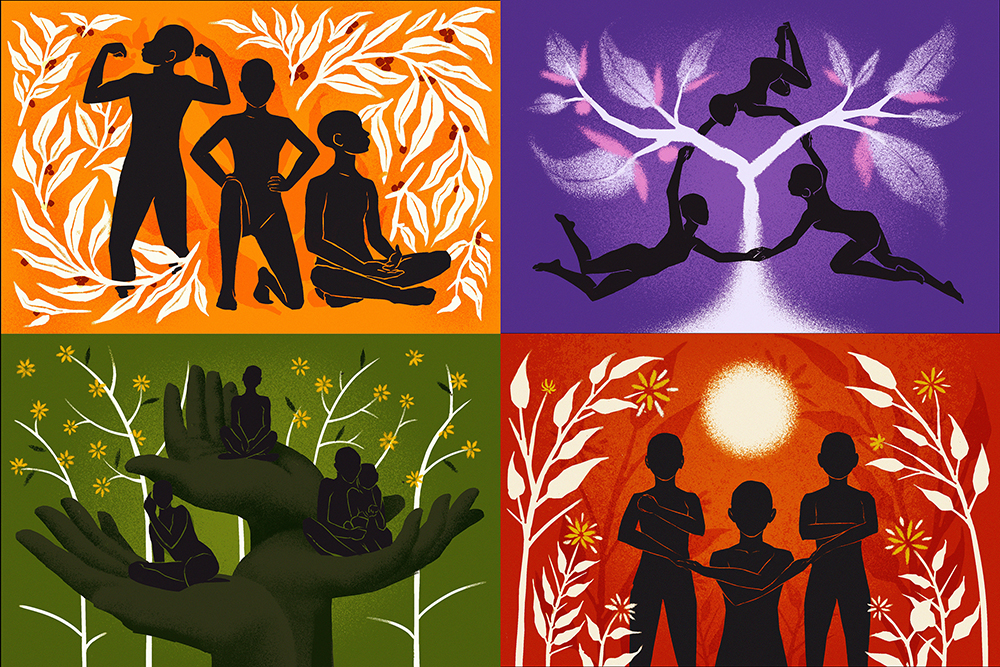Ubuntu Philosophy


Respect and dignity are central to Ubuntu philosophy because they create the conditions for healthy cultural climates and for the other principles to exist. By respecting others and treating them with dignity, one can gain the respect and trust of others.

Coexistence refers to the ability to live in harmony with others. It recognizes the interdependence that exists within communities and relies on cooperation, valuing diverse ideas, and working towards shared goals.

Viewed as the most important principle of Ubuntu philosophy, it is defined as a sense of care, sympathy, and concern for others. This means showing kindness and sharing what you can with others, often summarized in the phrase “I cannot have all while you have nothing, let us share.”

Solidarity means community members are in service of others and abandon exclusively being of service to themselves. This means community members take actions that support the betterment of themselves and others. Solidarity opposes selfishness.
What does I am because we are, mean to you?
Ubuntu principles are native to South Africa, and are used to guide relationships and decision making. The word Ubuntu is derived from “umuntu,” which means “human being” in several southern African languages (Zulu, Xhosa, Swati, Ndbele). Although Ubuntu has not been distilled down to one word, it encapsulates humanity, compassion, respect, dignity, and mutual caring. Others have asserted that Ubuntu symbolizes “the fundamental essence of existence.” The principles of Ubuntu are Solidarity, Coexistence, Compassion, and Respect and Dignity. Select each plus sign on the images above for more information.
